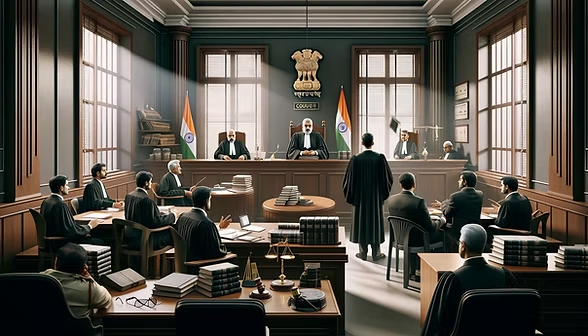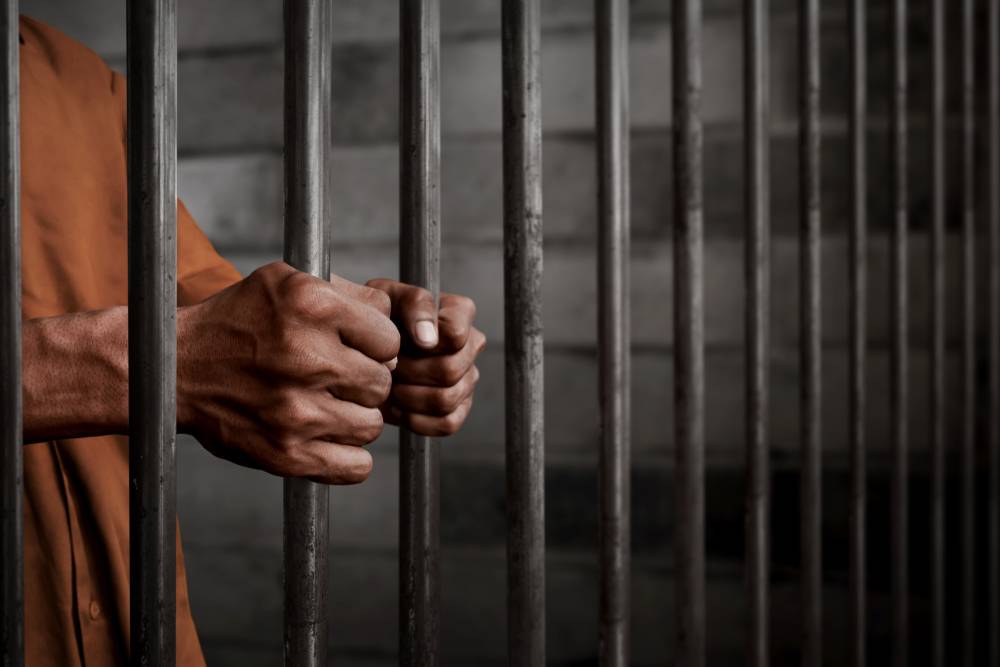Introduction: The Significance of a Fair Trial
A criminal trial in India is the formal judicial process through which an accused person is adjudicated, the facts are established, and justice is delivered. For anyone facing prosecution, understanding the trial procedure is essential. It not only protects the rights of the accused but also upholds the integrity of the Indian legal system. This article addresses the most common long-tail questions and provides an expert, step-by-step overview.
1. What is a Criminal Trial in India?
A criminal trial is the process by which a court examines evidence, hears arguments, and renders a verdict regarding allegations of criminal conduct. The standard followed is “proof beyond reasonable doubt,” ensuring that no innocent is punished and every accused gets a fair chance to defend themselves.
2. Main Types of Criminal Trial in india
Depending on the seriousness of the charges and legal procedures, Indian law recognizes several types of criminal trials:
| Type of Trial | Applicability | Court Level |
|---|---|---|
| Sessions Trial | Serious crimes, e.g. murder | Sessions Court |
| Warrant Trial | Offenses punishable by >2yrs | Magistrate/Sessions |
| Summons Trial | Less serious offenses | Magistrate |
| Summary Trial | Petty cases | Magistrate |
Each trial type varies in complexity, duration, and safeguards available to both prosecution and defense.
3. Stages of the Trial Process
The trial process generally unfolds in several structured phases:
- FIR Registration and Investigation
- Filing of Charge Sheet/Police Report
- Committal/Framing of Charges
- Plea of Accused (Guilty/Not Guilty)
- Examination of Prosecution Witnesses
- Statement of Accused (Section 313, CrPC)
- Defense Evidence
- Final Arguments
- Judgment
(Acquittal or Conviction, followed by Sentencing if guilty)
4. Step-by-Step Guide to the Trial Stage
1. Filing of FIR and Investigation
Criminal trial in India begin with FIR registration (First Information Report), followed by police investigation to collect evidence and identify suspects. The police then file a charge sheet if enough proof is found.
2. Magistrate Review and Framing of Charges
The magistrate examines the charge sheet and evidence. If no case is made out, the matter is dismissed. If sufficient grounds exist, charges are formally read out to the accused, who is asked to plead guilty or not guilty.
3. Prosecution Case and Witness Examination
- Examination-in-Chief: Prosecution presents its witnesses and evidence.
- Cross-Examination: Defense questions prosecution witnesses to test their credibility.
- Re-Examination: Prosecution may clarify points raised during cross.
4. Statement of the Accused
Under Section 313 of CrPC, the accused is given an opportunity to explain evidence against them. This statement is not under oath but can be considered by the court.
5. Defense Case
The defense may present witnesses and evidence to counter the prosecution. The defense can also choose not to present any evidence, relying solely on gaps in the prosecution’s case.
6. Final Arguments
Both sides summarize their case, highlighting strengths and attacking the other side’s weaknesses.
7. Judgment
The judge delivers a reasoned judgment, either acquitting or convicting the accused. If convicted, a separate hearing is held to determine the sentence.
5. Rights of the Accused During Trial
- Presumption of Innocence: Accused is innocent until proven guilty.
- Right to Legal Counsel: Representation by a lawyer of choice.
- Right to Be Informed of Charges: Formal awareness of allegations.
- Right to Cross-Examine Witnesses: Test prosecution’s evidence.
- Right Against Self-Incrimination: No obligation to testify or confess guilt.
- Right to Free Translation/Interpreter: For non-native speakers.
Courts are mandated to ensure these are protected throughout the process.
6. Role of Evidence and Examination
- Examination-in-Chief: Direct questioning by the party who calls the witness.
- Cross-Examination: Opposing party questions the witness.
- Re-Examination: Limited follow-up by the party who called the witness.
- Documents, Forensics, and Expert Witnesses: Admitted and scrutinized per the Indian Evidence Act.
The quality and reliability of evidence largely determine the outcome of a trial.
7. Judgment and Sentencing
After reviewing all evidence and arguments, the court delivers a judgment:
- Acquittal: Accused is found not guilty and set free.
- Conviction: Accused is found guilty; sentencing follows.
- Sentencing Factors: Seriousness of crime, criminal history, mitigation circumstances, public interest.
Sentences can range from fine, probation, imprisonment, to capital punishment (in rarest of rare cases).
8. Appeals and Post-Trial Remedies
Both prosecution and defense have the right to challenge the judgment or sentence in a higher court. Common grounds for appeal include:
- Legal errors or misapplication of law
- Procedural irregularities
- Discovery of new evidence
Appeal procedures and timelines are strictly regulated under the Code of Criminal Procedure, 1973. In some cases, review and revision petitions may also be filed.
9. Expert Tips for Navigating a Criminal Trial in India
- Engage Specialist Lawyers: For guidance and strong defense/prosecution.
- Maintain Documentation: Keep all court orders, notices, and evidence organized.
- Attend Hearings Diligently: Non-attendance can lead to adverse orders.
- Understand Bail Rights: Comprehend the difference between regular, interim, and anticipatory bail (see ADSA Law: Criminal Prosecution)
- Prepare for Cross-Examination: Consistency and credibility are vital; contradictory statements can undermine the case.
For more on courtroom strategies and rights, visit ADSA Law FAQs.
FAQs About the Process of Criminal Trial in India
How long does a criminal trial in India take?
It varies by case complexity, court workload, and evidence. While simple cases may conclude in months, complex matters often take years.
Can the accused remain silent during trial?
Yes, and no adverse inference can be drawn from silence. However, unexplained circumstantial evidence can still impact the outcome.
Can a trial be held in the absence of the accused?
Generally, the accused must be present. In exceptional situations (illness, disruptive conduct), the court may proceed in their absence.
What is the role of plea bargaining?
Plea bargaining allows the accused to plead guilty to reduced charges or seek lighter punishment, mostly in less serious offences.
Conclusion
A criminal trial in India represents the backbone of the justice system. It is a carefully structured, rights-based, and evidence-driven process, designed to ensure both accountability for offenders and protection for the innocent. Whether victim, witness, or accused, every participant should understand their rights, duties, and procedural steps.
If you are navigating a criminal trial or need case-specific advice, consult ADSA Law for professional assistance at every step.
External Resources for Deeper Reading
- PRS Legislative Research: Stages of Criminal Trial
- Drishti Judiciary: Trial Procedure
- Advocate Ravi: Step-by-Step Guide to Criminal Trials in India
- Human Rights Initiative: Your Right to Fair Trial in India (PDF)
For further expert articles on bail, FIR, sentencing, police management, and criminal defense, visit the ADSA Law criminal prosecution resource center.


